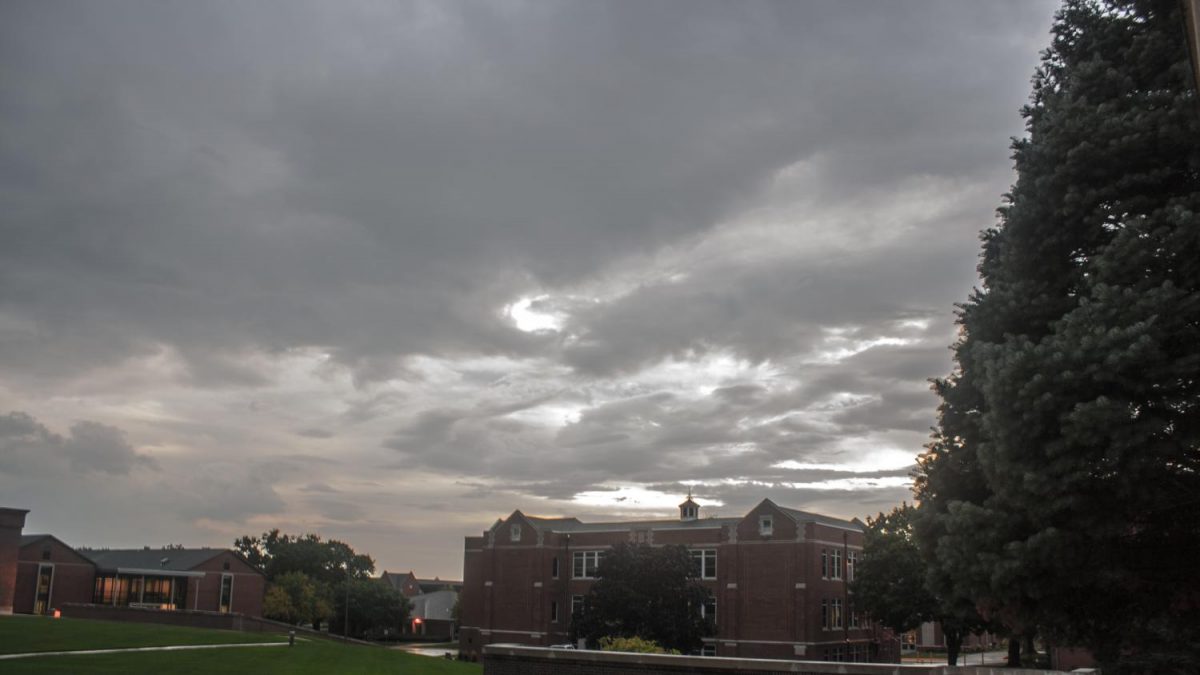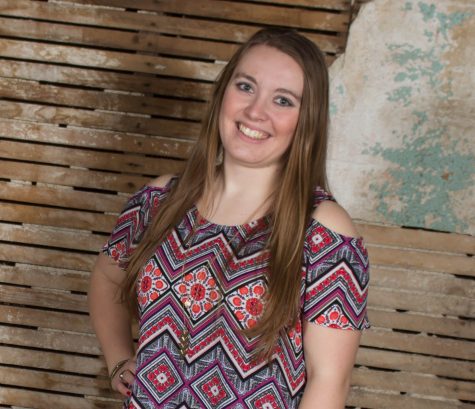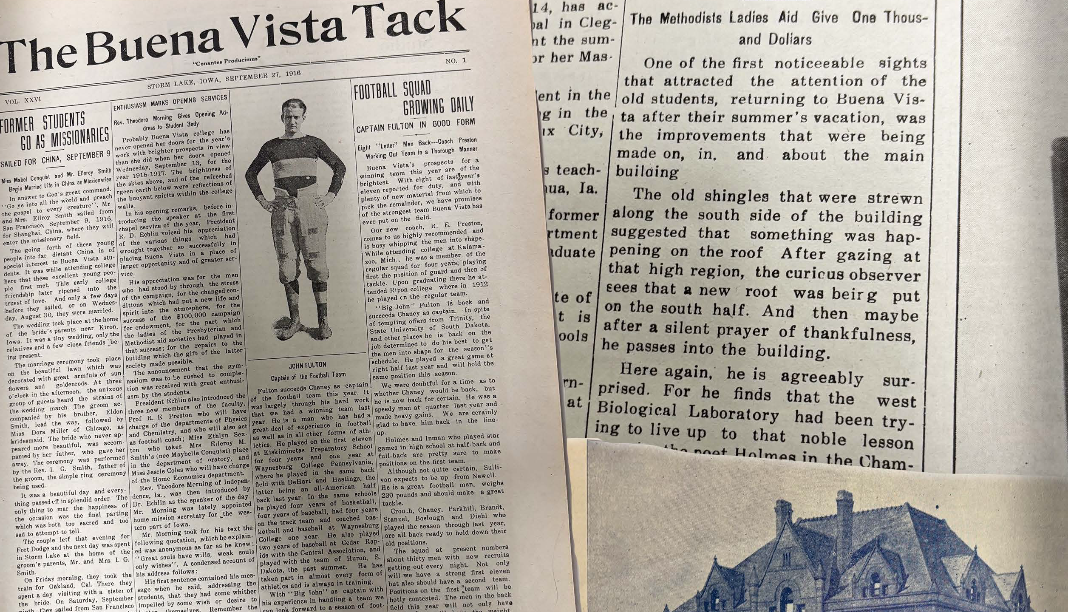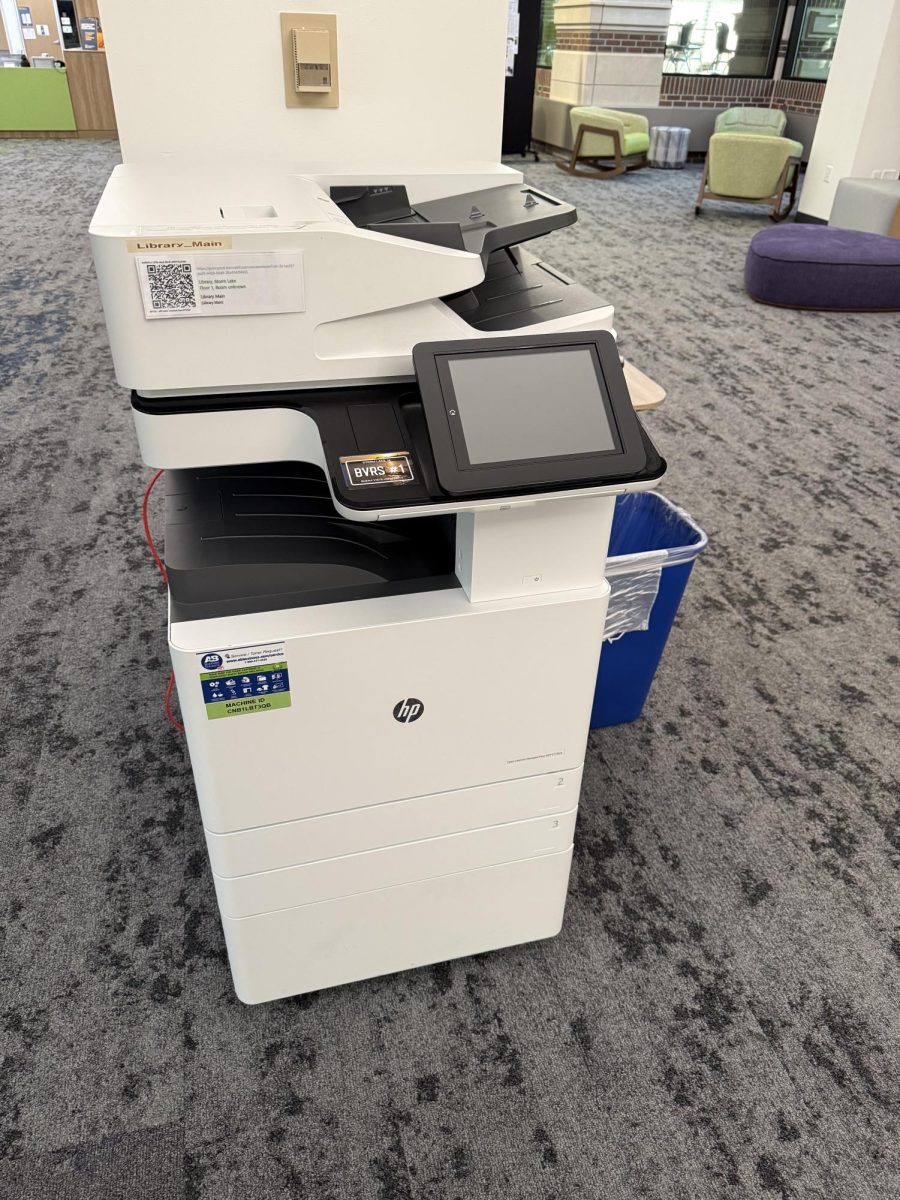Climate Change Affects Us All
September 29, 2017
Whether it’s Hurricane Harvey wiping out Texan cities or vast wildfires destroying the western United States, devastating natural disasters have been wreaking havoc across the world. The cause? Climate change, or at least, that is what most scientists say. People have been back-and-forth on this issue since the late 1800s. However, with all these natural disasters, it has been a hotter topic than ever before. Is it happening? Is it not? If it is, what’s the cause? Or is it an inevitable part of life?
“It’s happening,” says Dr. Melinda Coogan, a BVU biology professor. “The controversy is not whether or not it’s happening; the controversy is what’s causing it.”
As a professor whose area of expertise includes ecology, Dr. Coogan was more than willing to explain the whole climate change problem. She says that while it is obvious and statistically proven that global temperatures are changing, the problem is no one is quite sure why. Of course, most people say it is because of the man-made emissions of CO2 and other greenhouse gases, but Dr. Coogan says that this might not necessarily be the case.
“Correlation is not always causation is what scientists say.”
What she means is that just because there is a correlation between rising global temperatures and increasing levels of greenhouse gases, it does not necessarily prove that they are what is causing climate change. “The causation question is: well, isn’t that just a natural progression of increase of temperatures?” However, because the correlation is so strong, it makes a good argument for emissions of greenhouse gases as the cause of climate change.
Regardless of the cause of climate change, the biggest problem is the lack of awareness for it. Climate change has been an issue for a long time, but we only hear about it every so often. Why is that? Coogan doesn’t hesitate, “Unless it slaps you in the face or hits your pocket book, people just don’t change. That’s just human nature…the psychology of sustainability—that’s what that is.” That is why we only hear or start talking about climate change when some kind of natural disaster happens. We get a reality check, we talk about it for a while, we think of ways to fix it, and then ultimately, we forget about it until something ‘slaps us in the face’ again.
The problem with this is that if we continue down this path, what will our Earth look like in 100 years? In 50? Even in 25? If we don’t start taking the time to educate ourselves and others about this problem, we will run our Earth dry of all the resources that sustain our way of life in cohabitation with all other living things.
“We have this one globe, like this is our one home. Ecos- is ecology, it means home. And so, the study of our home is what ecology is. And understanding that dynamic and its care of the common home, that’s basically what we’re looking at,” says Dr. Coogan.
Our Earth is our home. If we want our home to be the beautiful, clean home it once was, and perhaps still is in some places, then we need to take the steps we can to take care of it. It starts with respecting all life—our ecosystems, plants and animals, and ourselves. Dr. Coogan says it best, “Once you’re aware and make one little change, it just almost improves your life. You have a greater awareness; you realize that connection with all life.” That connection is what we need to encourage us to take better care of our home. We need to take the initiative to recycle, use less water, or eat food that isn’t made in a factory emitting greenhouse gases. If everyone could make just one little change like this, we can all work together to make our global home a place worth living on.








